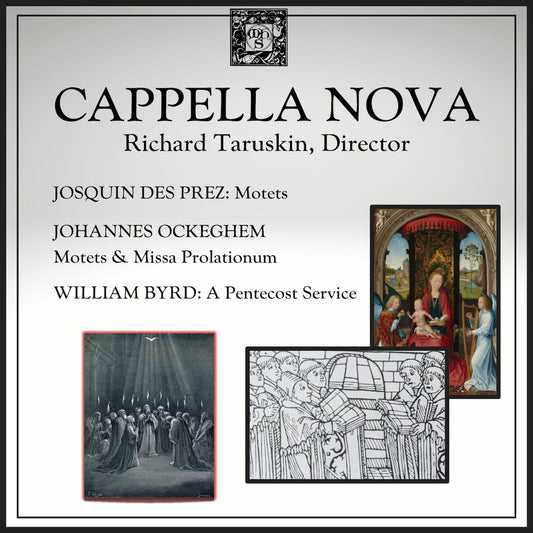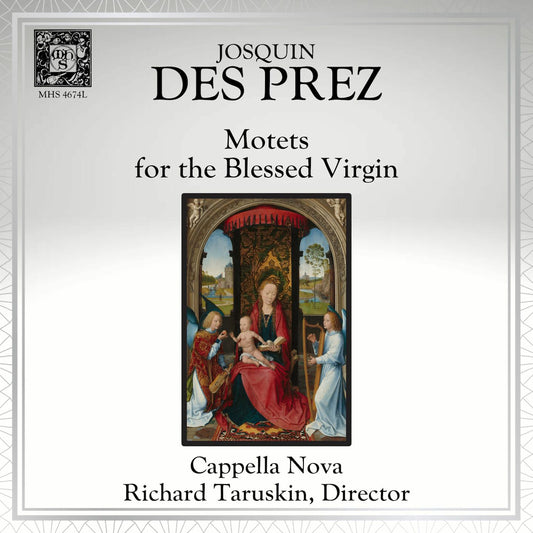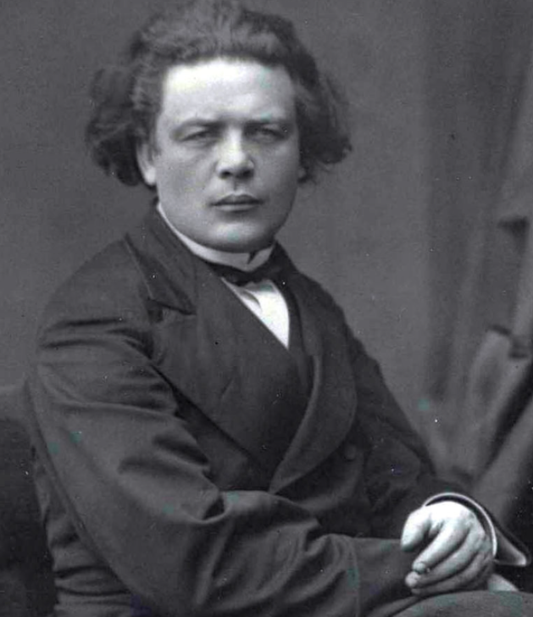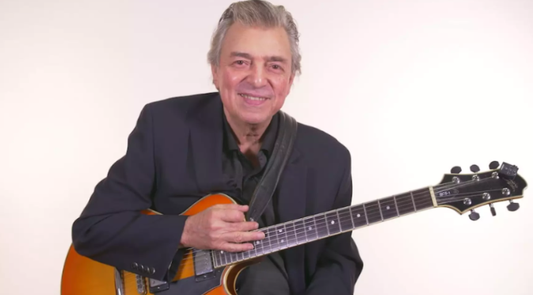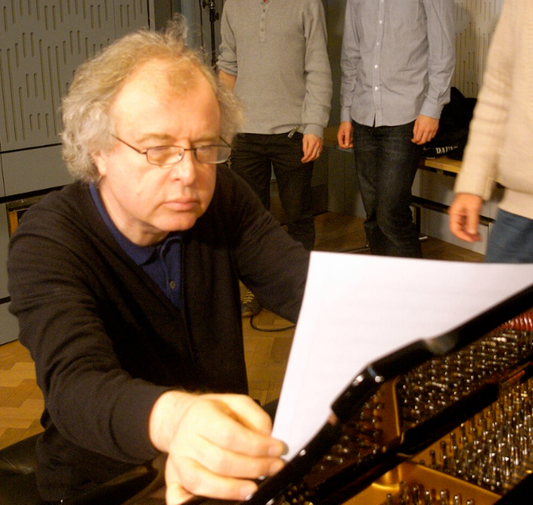Collection: JOSQUIN DES PREZ (c. 1450/1455 – 1521)
Josquin des Prez (c. 1450/1455 – 27 August 1521) stands as a towering figure in the landscape of Western music, often hailed as the central composer of the Franco-Flemish school and the first true master of the High Renaissance style. His music, renowned for its technical brilliance, expressive depth, and structural clarity, profoundly influenced generations of composers and marked a pivotal moment in the evolution of polyphony.
Details surrounding Josquin's early life remain frustratingly scarce and subject to scholarly debate. Born likely in the region bordering modern-day France and Belgium, perhaps near Saint-Quentin, his exact birth year is uncertain. Even his name appears in various contemporary spellings (Jossequin, Desprez, des Prés). He likely received his musical training as a choirboy, possibly at Saint-Quentin, mastering the intricate counterpoint characteristic of the northern musical traditions established by predecessors like Dufay and Ockeghem.
His professional career, however, is better documented and reveals a composer sought after by the highest echelons of European society. By the 1470s, Josquin was associated with the Sforza family in Milan, serving first Cardinal Ascanio Sforza and potentially the ducal chapel. His time in Italy was formative, exposing him to the country's vibrant musical life and humanistic currents. Following his Milanese period, Josquin moved to Rome, where he sang in the prestigious papal choir (likely the Sistine Chapel choir) from roughly 1489 to at least 1495, serving under Popes Innocent VIII and Alexander VI.
After leaving Rome, his movements are less certain, possibly including time in France, perhaps in service to King Louis XII. A significant, though brief, period followed in Ferrara around 1503-1504, where he served Duke Ercole I d'Este. A famous letter from a ducal agent comparing Josquin to the contemporary composer Heinrich Isaac highlights Josquin's perceived genius and perhaps his demanding personality, noting that while Isaac composed faster and more readily, Josquin composed "when he wants to and not when one wants him to" and was acknowledged as the better composer. His final years were spent back in his native region, serving as provost at the collegiate church of Notre Dame in Condé-sur-l'Escaut from 1504 until his death in 1521.
Josquin's musical output encompasses masses, motets, and secular chansons, and he excelled in all genres. His key stylistic innovations include the perfection of pervasive imitation, where melodic ideas are passed systematically from voice to voice, creating a seamless and unified polyphonic texture. Unlike the sometimes dense and rhythmically complex music of earlier generations, Josquin's work often features greater clarity of harmony and structure.
Crucially, Josquin demonstrated an unprecedented sensitivity to the text. He masterfully employed musical techniques – varying textures between intricate polyphony and chordal homophony, using poignant dissonances, crafting memorable melodic lines – to highlight the meaning and emotional weight of the words. His motets, such as the sublime Ave Maria... virgo serena or the deeply expressive Miserere mei, Deus, are often considered the pinnacle of his art, showcasing his ability to fuse technical mastery with profound spiritual and human feeling. His masses, like the Missa Pange lingua or the Missa L'homme armé super voces musicales, display structural ingenuity and contrapuntal brilliance. Even his secular chansons, like the melancholic Mille regretz or the witty El Grillo, reveal his expressive range.
During his lifetime and for decades after his death, Josquin's fame was immense, amplified by the burgeoning technology of music printing pioneered by Ottaviano Petrucci. He was lauded by theorists and fellow musicians, sometimes compared to artistic giants like Michelangelo. His reputation was such that publishers sometimes falsely attributed works by lesser composers to him to increase sales.
Josquin des Prez represents a watershed moment in music history. He synthesized the complex contrapuntal traditions of the north with the melodic clarity and harmonic richness favoured in Italy, creating a musical language that was both intellectually satisfying and emotionally resonant. His mastery of form, his innovative use of imitation, and his profound connection to text set the standard for composers throughout the 16th century, securing his legacy as one of music's foundational geniuses.


